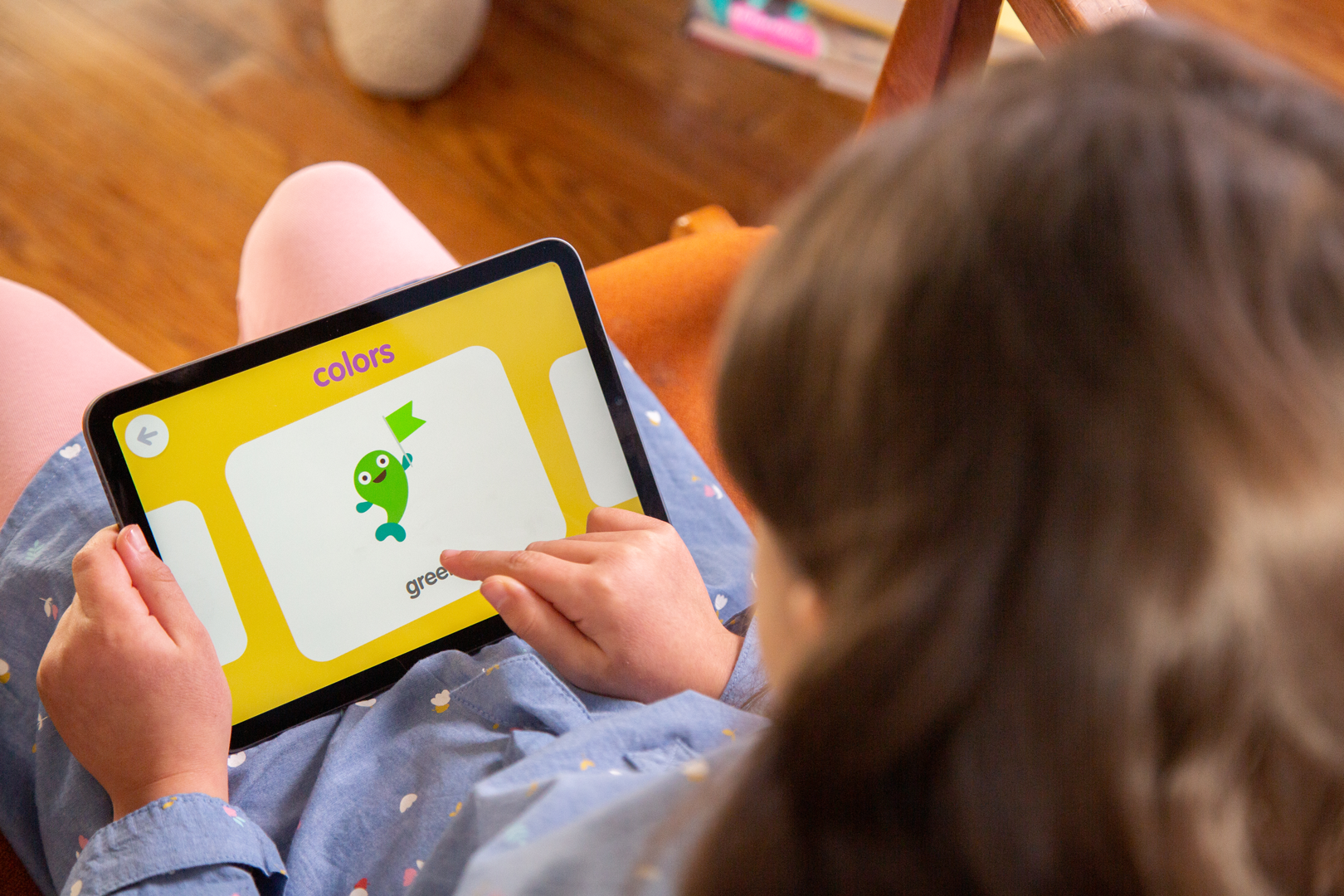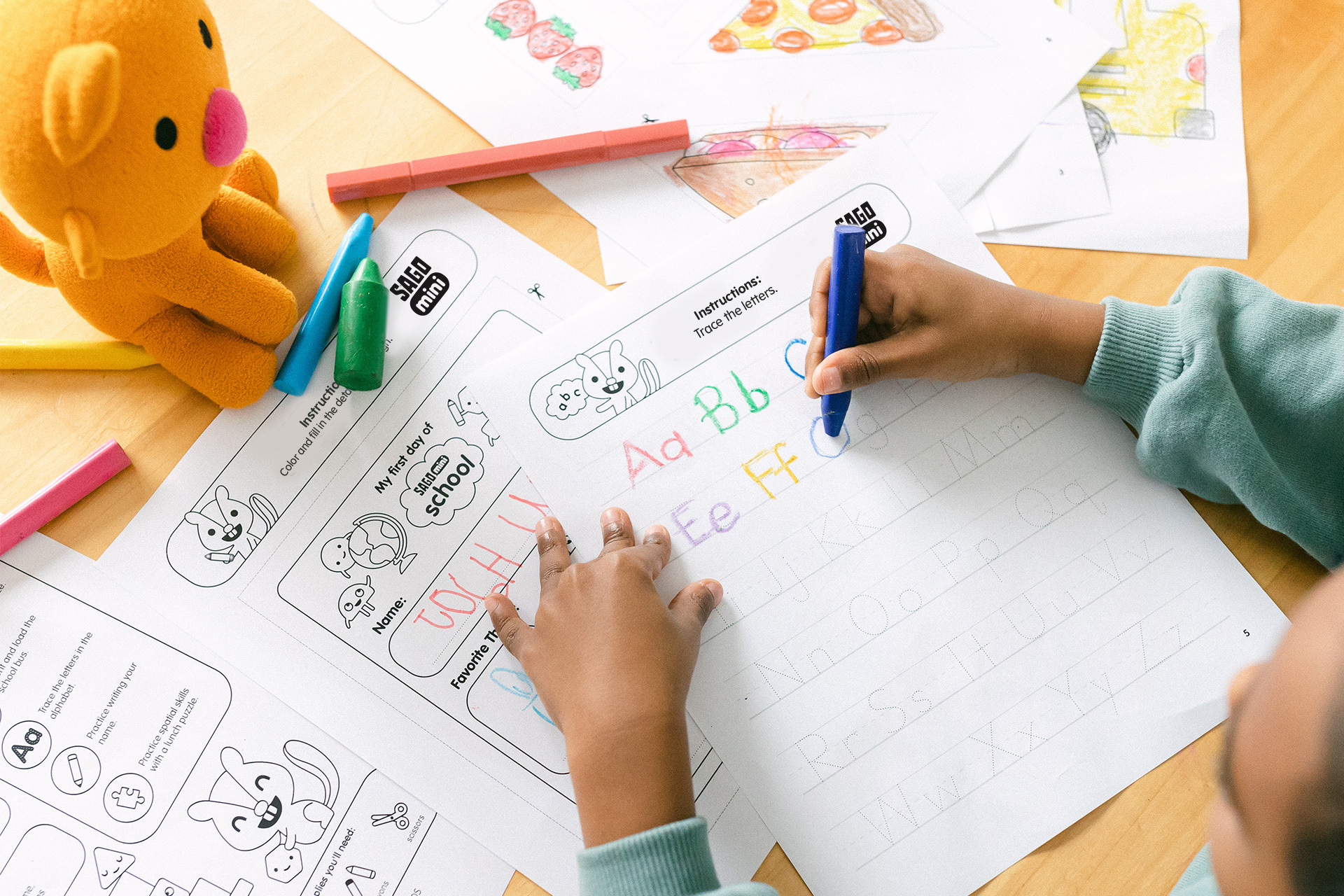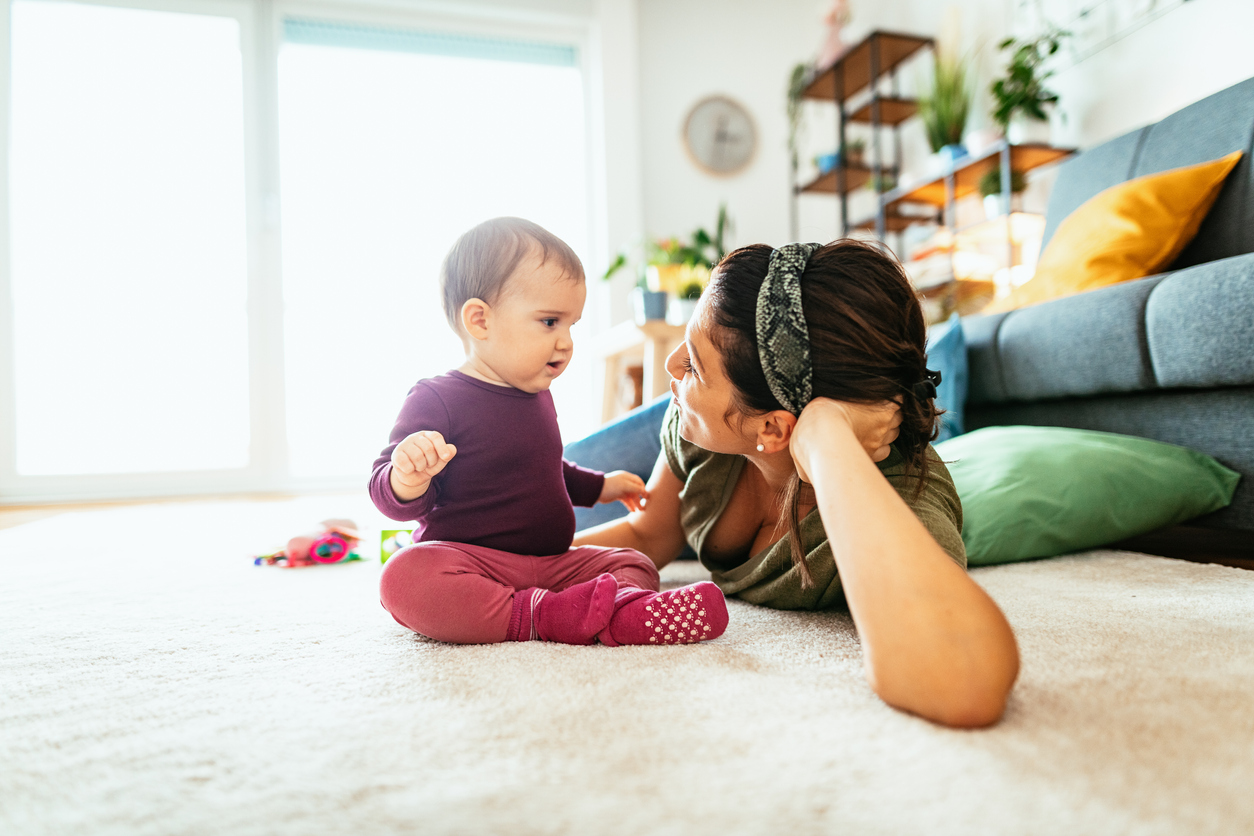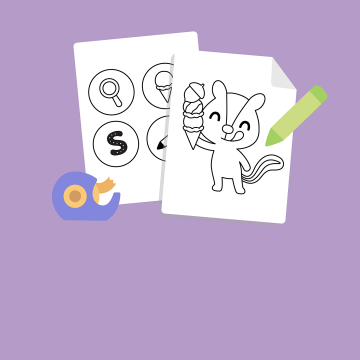- Learning about Better Speech and Hearing Month

With every passing day, we’re continuously learning new information about how we communicate with others – how we hear, how we speak, and how we interact with others. Millions of people across the globe deal with speech and language impairments. However, there’s still a stigma attached to hearing loss and speech issues that discourages some from seeking treatment.
The launched Better Speech and Hearing Month almost a century ago in order to promote and raise awareness on how to prevent hearing loss and speech-related issues. Now, every year in May, Better Speech and Hearing Month is observed to help educate the public about communication health.
A brief history of Better Speech and Hearing Month
In an effort to raise awareness of speech and hearing issues, the American Speech-Language-Hearing Association established National Hearing Week for the first time in 1927. It later expanded to Better Hearing Month, before becoming Better Speech and Hearing Month in 1972. Many people live with unidentified hearing loss or speech disorders, and often they’re unaware of the early signs of a communication disorder. As a result, those initial indicators can easily go unnoticed. Early detection is more likely to occur when there’s a broader understanding of the different types of speech and hearing disorders and the treatments available.
How are people affected by speech and hearing issues?
In the United States, at least have a communication disorder or a hearing issue. Speech, language, and hearing problems affect how people interact with others and connect with the world around them. These problems can occur at any age and in any person, and some speech and language problems that develop in childhood can persist into adulthood.
Left untreated, speech and hearing disorders can cause other health problems, both physical and mental, and often create a significant financial burden for patients requiring treatment. This is why raising awareness is such a crucial component of providing more people with treatment and resources.
Communication is such an essential part of our lives, and an impairment that hinders our ability to connect with those around us can contribute to feelings of isolation. By shining a light on these issues and providing resources, more and more individuals can seek help for themselves or their loved ones.
Better Speech and Hearing Month: How to participate
May is Better Speech and Hearing Month, so why not get your little one involved and raise awareness about this important issue? Here are a couple of things you can do to help spread the word and even get some practice in for your kiddo, too!
Be social – irl and online
We can do our part to raise awareness during Better Speech and Hearing Month (and any other month of the year) by sharing articles and information on social media and using the hashtag #bhsm, encouraging loved ones to get their hearing tested, and sharing your story with others if you or your kiddo have a speech or hearing disorder. Even the smallest efforts can make a difference.
Practice with a printable
Grab some markers and crayons and start practicing “p” sounds with a Print, color, and cut out some flashcards and a picture map, then say it and spot it! It’s a perfect activity to help boost your child’s confidence and practice some pronunciation in a fun, playful way.

Boost language skills with Sago Mini First Words
Sago Mini First Words provides children with a curated learning experience designed with speech pathologists, child psychologists, and early child development experts. Children strengthen critical language skills through enriching activities, playful mini-games, and interactive videos. The app uses proven methods used in speech therapy like video modeling, which allows little ones to repeat and mimic words spoken by a peer.
First Words helps little ones at all developmental levels strengthen their communication skills in a fun, playful way. As your child repeats the words they hear, the app listens and adjusts learning goals based on their progress and in-game behavior.


